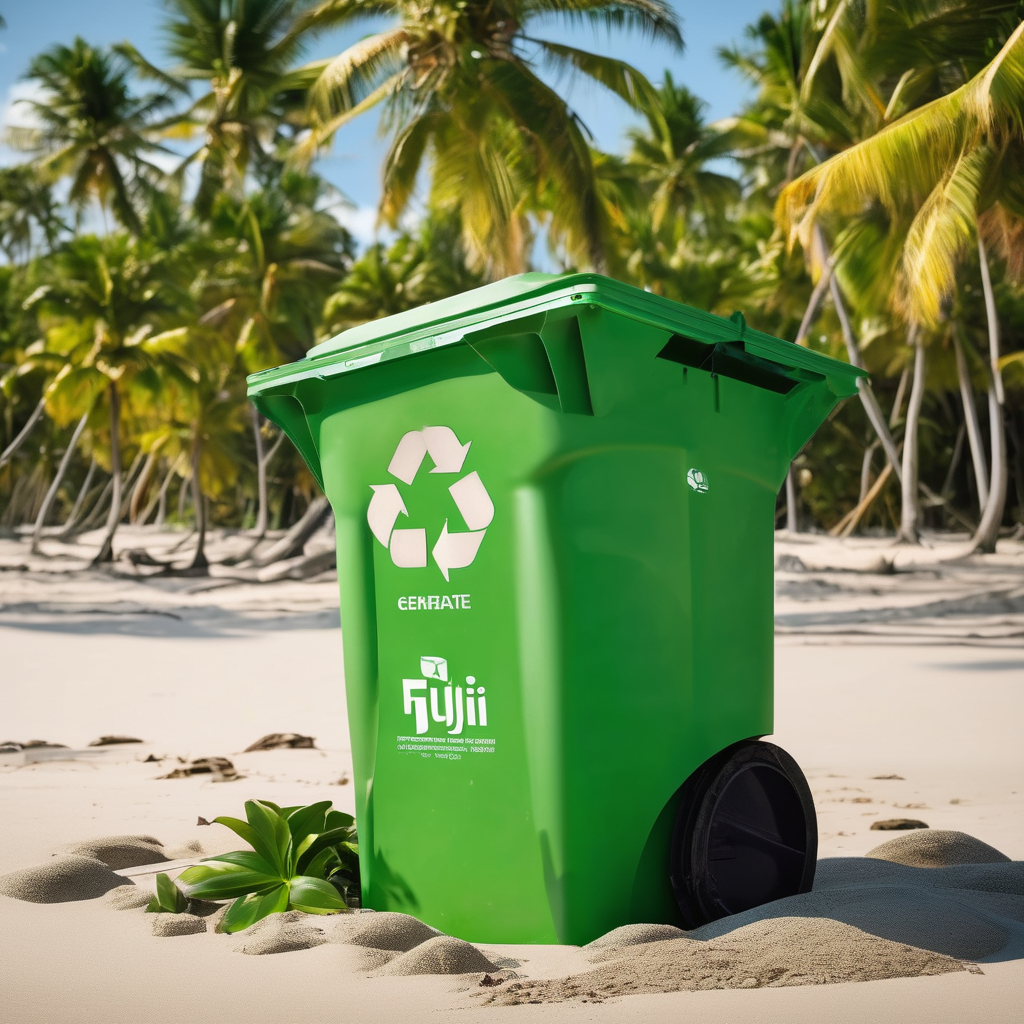Fiji is currently facing a formidable waste management challenge, producing nearly 200,000 tonnes of waste each year, largely ending up in landfills. According to the Fiji Bureau of Statistics, in 2024, the nation generated 199,263 tonnes of waste, which marks an increase by about 8,900 tonnes from the previous year. The majority of this waste comes from households, with considerable contributions from the manufacturing, transport, retail, and food services sectors.
Data indicates that over 144,000 tonnes are deposited in landfills, around 54,000 tonnes are incinerated, and a mere 477 tonnes are recycled. These statistics highlight an ongoing waste crisis in Fiji, underscoring the urgent need for enhancing waste management and recycling processes.
Historically, Fiji has only managed to recycle about 0.2% of its waste, pointing to a significant need for better strategies. The National Development Plan aims to increase the recycling output managed by municipal councils. However, the slow pace of recycling efforts presents a hurdle to achieving these objectives.
The rising waste levels are partly due to shifts in consumption patterns and growing economic activities that lead to more waste, even in rural zones. This context calls for robust waste management strategies to support the country’s developmental trajectory.
Efforts to improve waste management include the implementation of new regulations like the Container Deposit Regulation and the expansion of recycling infrastructures. The Pacific Recycling Foundation and Waste Recyclers Fiji Limited have diverted over 2,670 tonnes of recyclables from the Naboro landfill and other sites, signaling a positive direction towards environmental sustainability.
To create impactful changes, Fiji must pursue comprehensive solutions that address the core issues of waste management, such as altering societal mindsets and behaviors, enhancing recycling infrastructure, and ensuring accountability. Ongoing collaboration among the government, private sector, and communities is crucial for fostering a sustainable future and raising public awareness and participation in waste management and recycling initiatives.
Despite the challenges, Fiji is progressively moving towards improved waste management practices, offering hope for substantial environmental progress through dedicated efforts and innovative solutions.
